Breast
In addition to BRCA1 and BRCA2, our panel includes other genes like ATM, BRIP1, CHEK2, PALB2, RAD51, and more, which have also been linked to an increased risk of cancer. Breast cancer is a prevalent cancer worldwide, affecting approximately 12.5% of women during their lifetime, with 5-10% of these cases being hereditary in nature.
- TAT : 28 working days
- Sample : EDTA blood

Included Syndromes & Disorders
- Breast cancer
- Ovarian cancer
Cancer
Every gene in our panel has been meticulously chosen due to its potential risk in the development of various cancers, including breast, ovarian, colorectal, gastric, thyroid, endometrial, pancreatic, melanoma, renal, and prostate cancers. This panel is suitable for individuals with a positive personal history of early-onset cancer, rare cancer, bilateral cancer, or multiple primary cancers.
- TAT : 28 working days
- Sample : EDTA blood

Included Syndromes & Disorders
- Breast cancer
- Colorectal cancer
- Endometrial cancer
- Familial adenomatous polyposis
- Gastric cancer
- Gastrointestinal stromal tumor
- Melanoma
- Ovarian cancer
- Pancreatic cancer
- Prostate cancer
- Renal cancer
- Skin cancer
- Thyroid cancer
- Uterine cancer
Cancer comprehensive
Encompasses a wide array of genes associated with cancer. Each gene has been meticulously chosen due to its potential risk in the development of various cancers, including breast, ovarian, colorectal, gastric, thyroid, endometrial, pancreatic, melanoma, renal, and prostate, among others. This panel is highly suitable for individuals with a family history or personal risk factors for these types of cancer.
- TAT : 28 working days
- Sample : EDTA blood
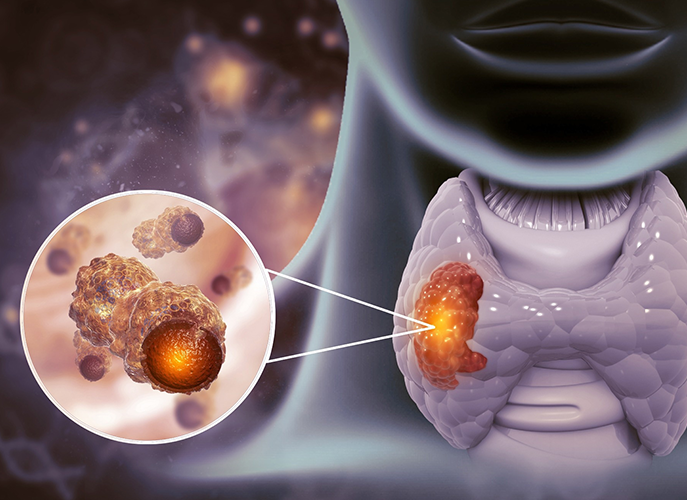
Included Syndromes & Disorders
- Beckwith-Wiedemann syndrome
- Breast cancer
- Colorectal cancer
- Endometrial cancer
- Familial adenomatous polyposis
- Gastric cancer
- Gastrointestinal stromal tumor
- Hereditary Paraganglioma/ Pheochromocytoma
- Melanoma
- Ovarian cancer
- Pancreatic cancer
- Paragangliomas/Pheochromocytoma/
- Gastrointestinal stromal
- Prostate cancer
- Renal cancer
- Retinoblastoma
- Rothmund-Thomson syndrome (Type 2)
- Skin cancer
- Thyroid cancer
- Uterine cancer
Cancer Pediatric
Targets genes linked to pediatric cancer to aid in early detection, prognosis, risk assessment, and treatment decisions, ultimately improving survival chances.
- TAT : 28 working days
- Sample : EDTA blood
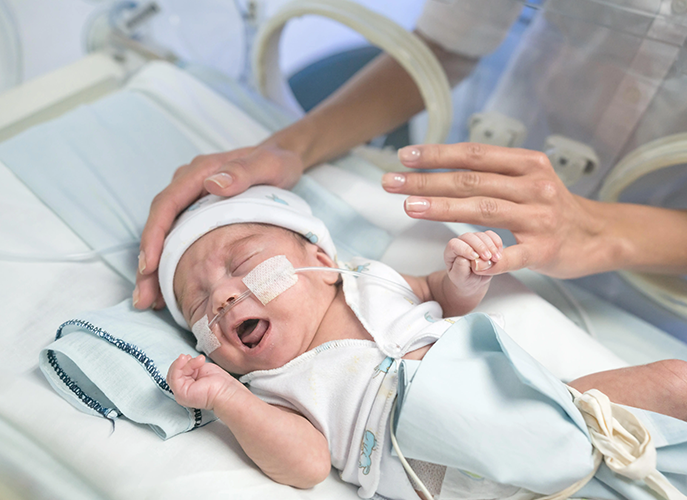
Included Syndromes & Disorders
- Leukemia
- Malignant brain tumors
- Lymphomas
- Bone cancer
- Neuroblastoma
- Wilms tumor
- Rhabdomyosarcoma
Cancer Predict
Designed for asymptomatic individuals without a family cancer history and is accessible to those who meet the legal age requirements as per their country's regulations.
- TAT : 28 working days
- Sample : EDTA blood
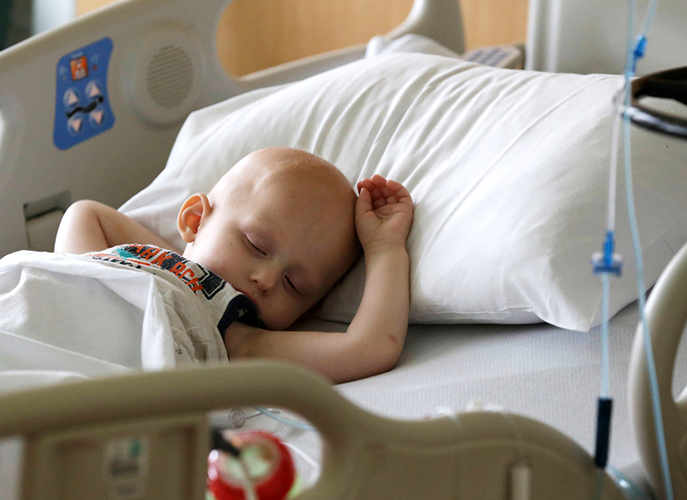
Included Syndromes & Disorders
- Breast cancer
- Colorectal cancer
- Endometrial cancer
- Familial adenomatous polyposis
- Gastric cancer
- Gastrointestinal stromal tumor
- Melanoma
- Ovarian cancer
- Pancreatic cancer
- Prostate cancer
- Renal cancer
- Skin cancer
- Thyroid cancer
- Uterine cancer
Myeloid tumor panel
Our myeloid tumor panel targets critical regions in 35 genes frequently mutated in myeloid malignancies, a common cancer type in developed countries. These tumors, originating from hematopoietic cells, are characterised by numerous somatic mutations which are crucial in the disease's progression and prognosis, but are not inherited by offspring.
- TAT : 28 working days
- Sample : EDTA blood
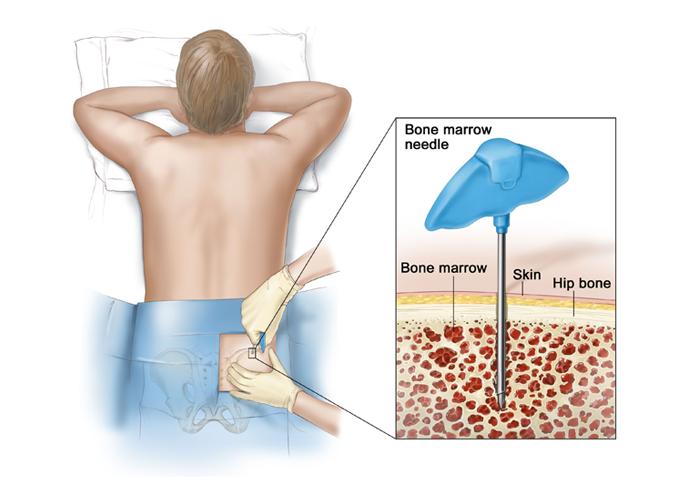
Included Syndromes & Disorders
- Acute myeloid leukemia
- Chronic myeloid leukemia
- Chronic myelomonocytic leukemia
- Juvenile myelomonocytic leukemia
- Myelodysplastic syndrome
- Myeloid tumor
- Myeloproliferative neoplasms
Solid tumor panel
Our solid tumor panel conducts extensive sequencing of 106 cancer genes and targeted analysis in 43 genes, identifying over 5,000 oncogenic variants. It's instrumental for treatment decisions, covering over 100 somatic cancer types, including breast, colon, and liver cancers. The panel helps in predicting tumor behavior and response to treatments, enhancing personalised medicine and potentially leading to better patient outcomes with fewer side effects.
- TAT : 28 working days
- Sample : EDTA blood
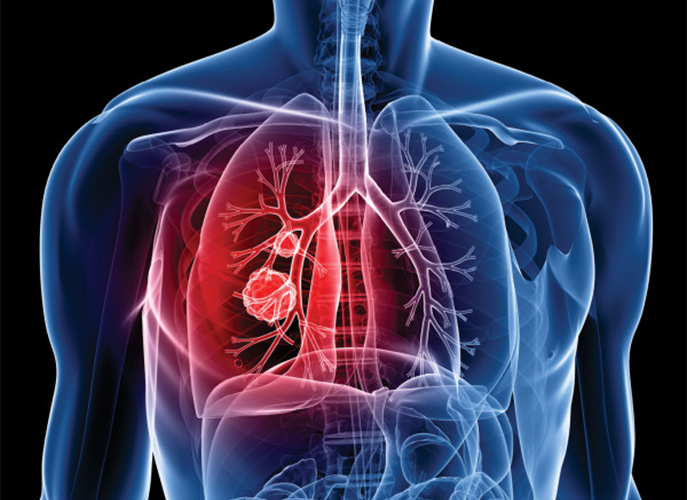
Included Syndromes & Disorders
- Adrenal cancer
- Biliary tract cancer
- Bone marrow cancer
- Breast cancer
- Colon cancer
- Endometrial cancer
- Esophageal cancer
- Gastrointestinal stromal tumor
- Glioma
- Hepatic cancer
- Lung cancer
- Lymphoma cancer
- Meningioma
- Ovarian cancer
- Pancreatic cancer
- Prostate cancer
- Renal cancer
- Skin cancer
- Testicular cancer
- Thyroid cancer

